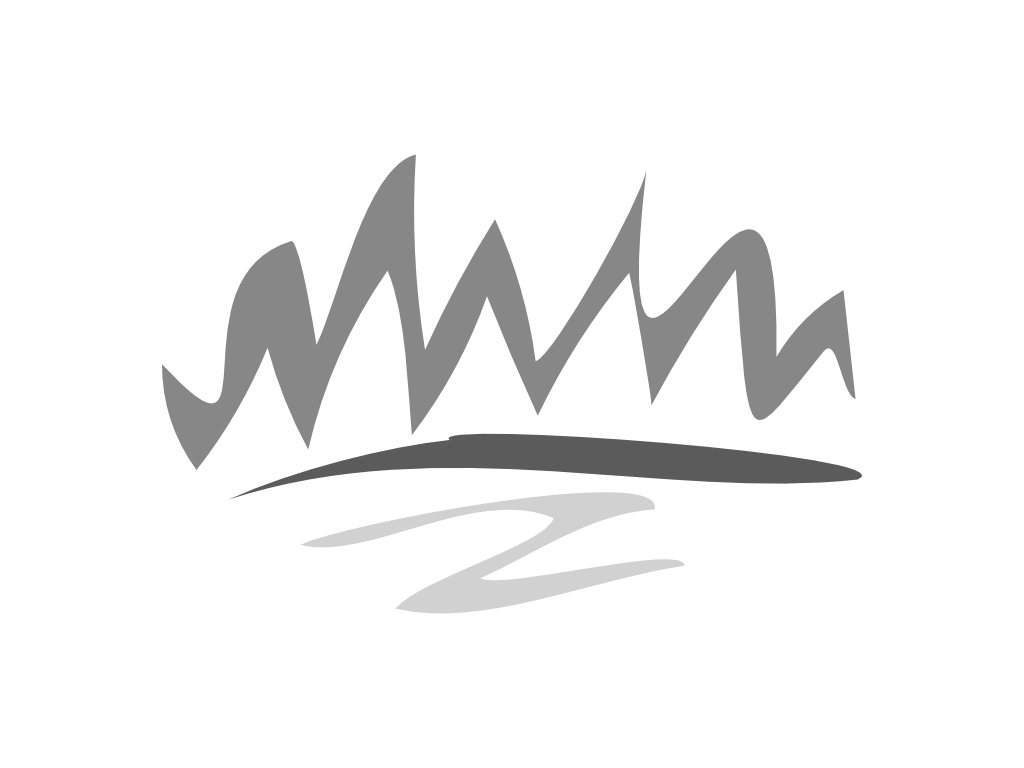
VICTORIA - More operators in British Columbia’s publicly owned forest are complying with the Forest Practices Code than in previous years, according to the Forest Practices Board’s 2000 annual report, released today.
Six of the 13 compliance audits reported on by the board last year were clean – up from one in four in the board’s first year. This trend continues from previous years, with the number of operators meeting and exceeding the code’s requirements growing. When it does occur, non-compliance with the code usually involves construction and maintenance of logging roads, or harvesting trees near streams.
The board also received a record 37 complaints from the public in 2000, of which 23 became formal investigations. Twelve of the 13 investigations completed in 2000 found that the code had been followed appropriately. Four also noted room for improvements, and the board made recommendations about better consultation with the public and the need for strategic land-use planning.
“The information presented in this annual report shows definite, measurable improvements in the way forestry is being carried out in the province,” said board chair Bill Cafferata. “Better forest practices benefit British Columbians at the community level and in the way global market pressures affect our economy.”
The board once again stressed the need for government to complete strategic land-use planning to guide forest development plans, a common theme in many of its reports. This would help ensure that all resources in the publicly owned forest – such as recreation, wildlife and biodiversity – are considered before a plan to develop forest land is approved. Strategic land-use plans must be completed if the code is to ensure that all forest resources on public lands are adequately managed and protected.
“The code has the capability to improve the management of all forest values on public forest lands, and to move those practices toward ecosystem-based forest management,” said Cafferata.
Overall in 2000, the board published reports on 13 compliance audits, 13 investigations of complaints, three special investigations, two special reports and two administrative reviews. For the first time, the board was able to resolve one complaint without a formal investigation, using alternative dispute resolution procedures.
The board made almost 40 recommendations to government and licensees in 2000. For example, recommendations were made to change the code to better protect soils to support the regrowth of trees. The board also made recommendations for improving government’s system for enforcing the code and improving the public’s opportunities to review harvesting plans.
The 2000 annual report also sets out the board’s strategic direction for the coming years. This includes a greater focus on the consequences of forest practices on the land base, becoming more involved with the evolution of the code, and informing – and being informed by – the public.
Forest Practices Board
Phone: (250) 387-7964
1-800-994-5899
